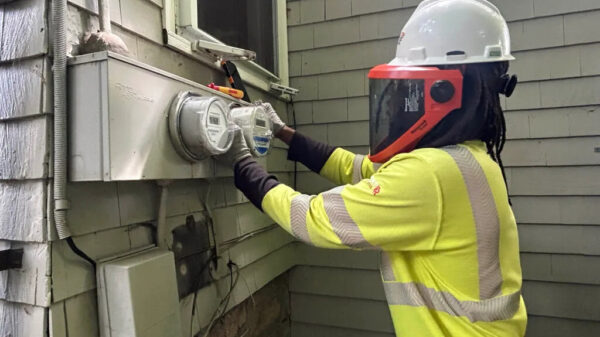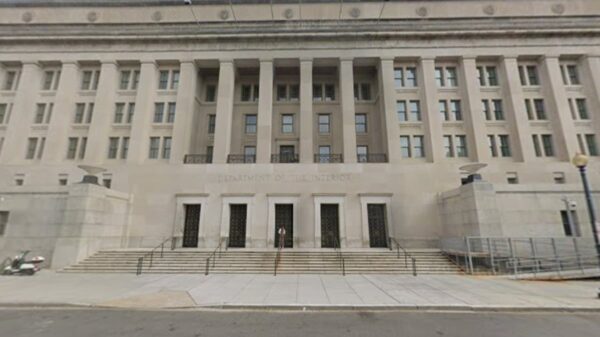The Department of Homeland Security (DHS) has revealed that the number of individuals detained by U.S. Immigration and Customs Enforcement (ICE) has surged to a record high of nearly 66,000. This figure, released on October 20, 2023, has sparked a heated debate regarding the classification of these detainees and the implications for national security.
Recent data indicates that approximately 48% of current detainees do not face criminal charges or have criminal convictions. Among those detained since the beginning of the fiscal year on October 1, 2023, only 5% have been reported to have violent criminal convictions. The majority of detainees are associated with immigration, traffic, and minor vice offenses, raising questions about the characterization of these individuals as dangerous.
Critics, including Rep. Pramila Jayapal, have challenged the narrative suggesting that ICE is focusing on the “worst of the worst.” In a recent statement, Jayapal asserted that most individuals apprehended are “hardworking, law-abiding members of our communities” who are merely trying to provide for their families. This perspective clashes with assertions from some in the media and political circles who argue that the current situation poses a significant risk to public safety.
Controversy Over Detainees’ Criminal Backgrounds
The DHS data has led to conflicting interpretations regarding the implications of having no criminal convictions. Critics have pointed out that the absence of violent crime in the current fiscal year does not negate any past offenses. Some argue that a lack of vetting for detainees who may have historical criminal records presents a potential national security risk. The notion that individuals who may have committed serious crimes in the past could remain indefinitely without consequences is a source of contention.
Supporters of stricter immigration enforcement highlight the need for thorough background checks to ensure that all individuals entering the country are properly vetted. They cite concerns about safety, suggesting that without adequate screening, it is impossible to ascertain who poses a threat to communities.
Political Implications and Public Reactions
The situation has triggered broader discussions about immigration policy under the Biden administration. Critics allege that policies have become more lenient, allowing individuals to cross borders without facing the scrutiny that was present in previous administrations. Alejandro Mayorkas, the Secretary of Homeland Security, has faced scrutiny for his management of border security and immigration enforcement.
Public reactions to the rising number of ICE detainees are varied. While some express concern over the potential implications for community safety, others argue for a more humane approach to immigration, emphasizing the need to respect the rights of individuals who are seeking a better life.
As the debate continues, the DHS maintains that the focus remains on maintaining public safety while addressing the complex issues surrounding immigration and enforcement. The future of immigration policy in the United States may hinge on how these discussions unfold in the coming months.








































































